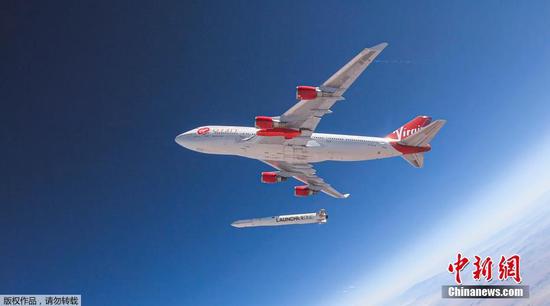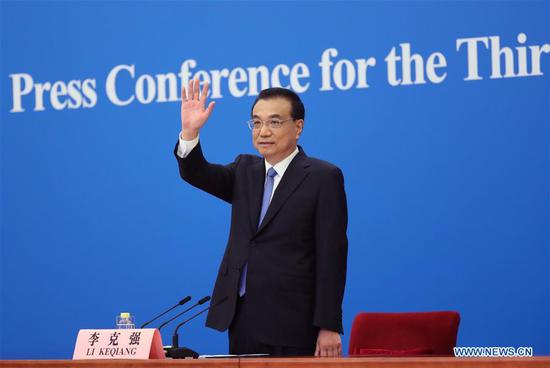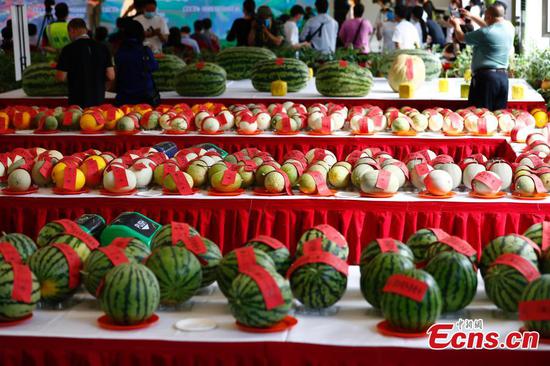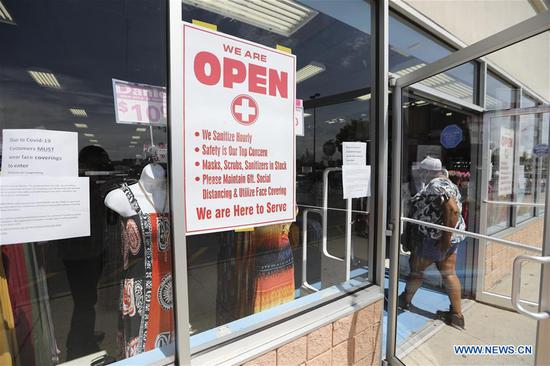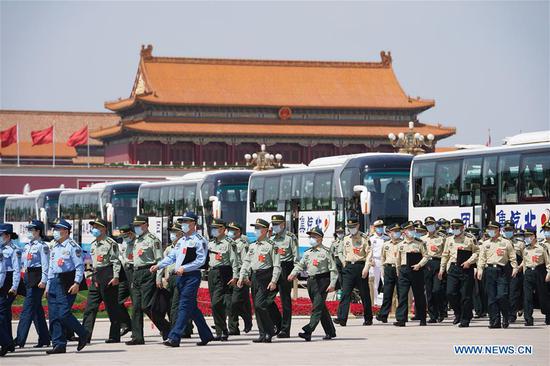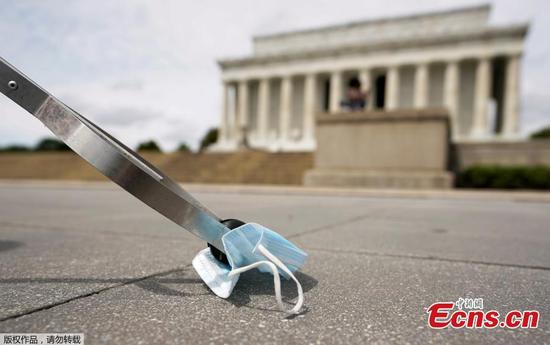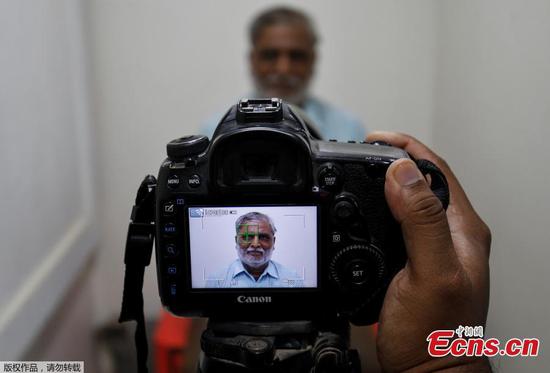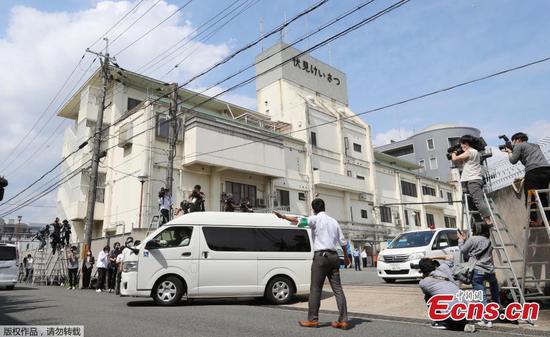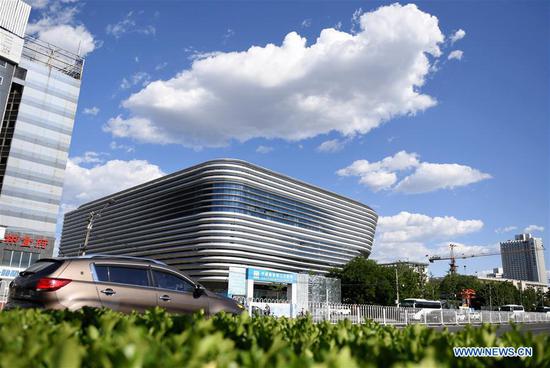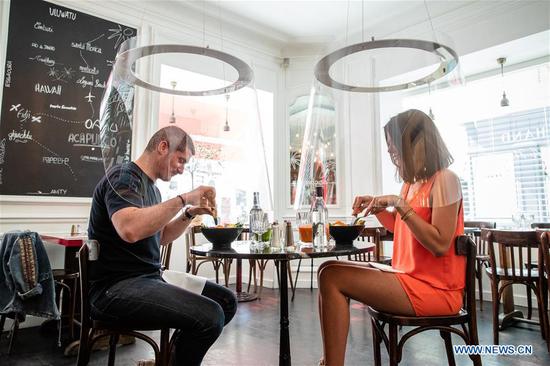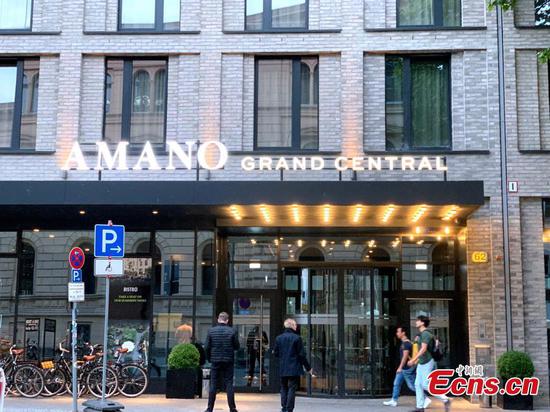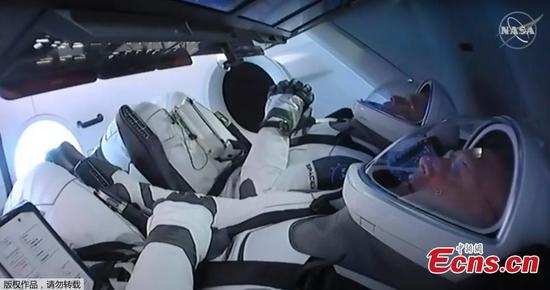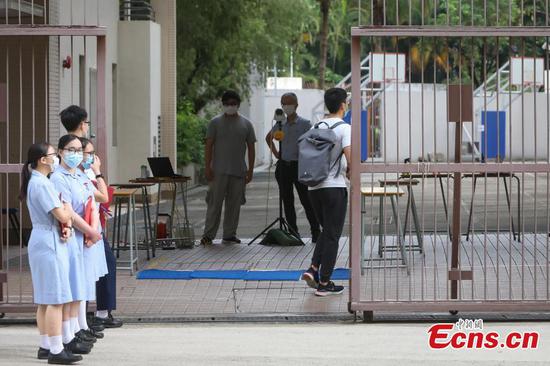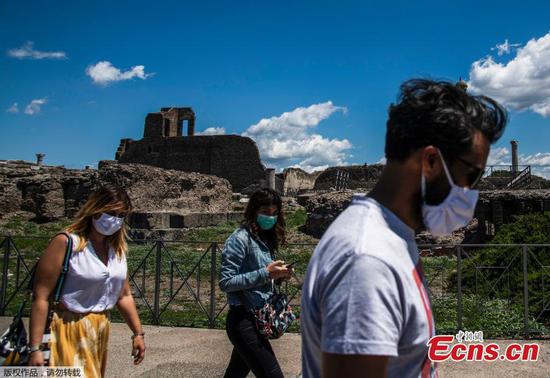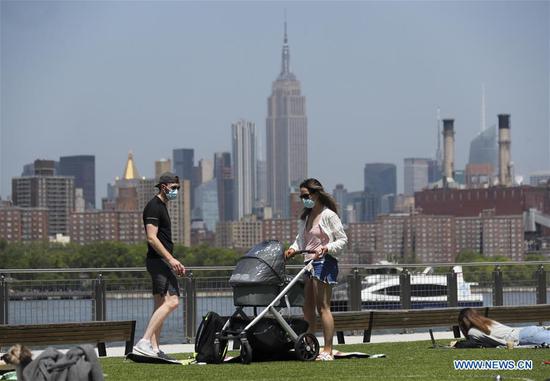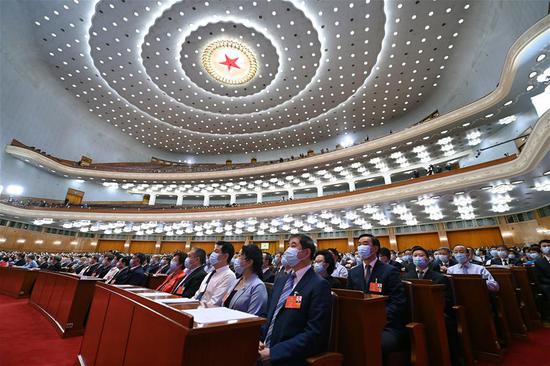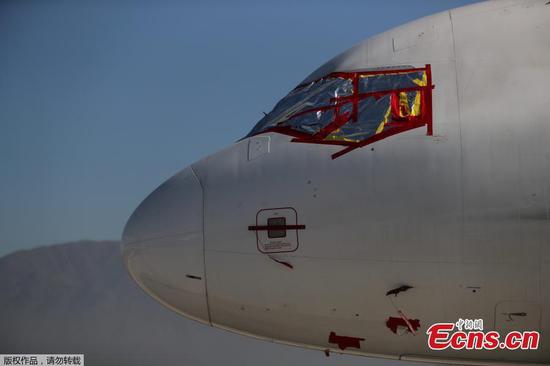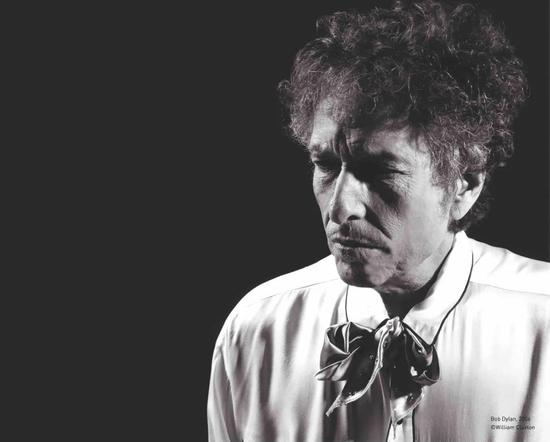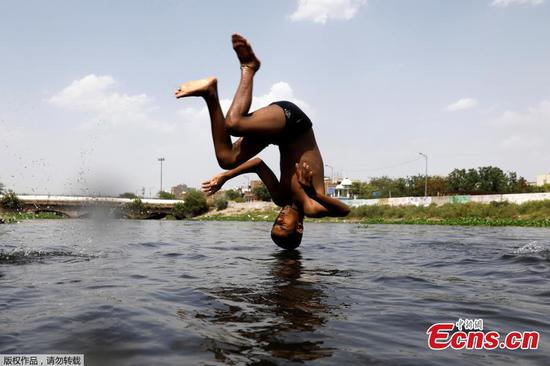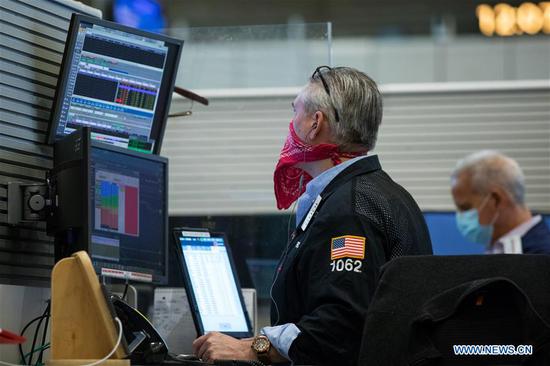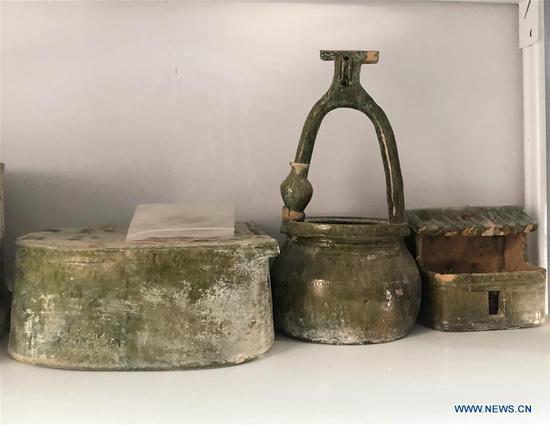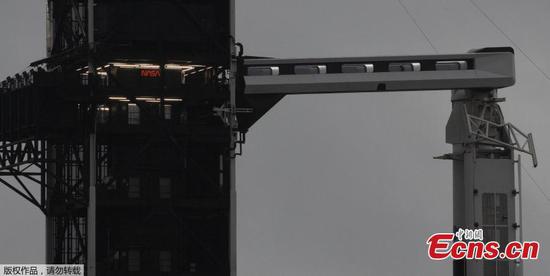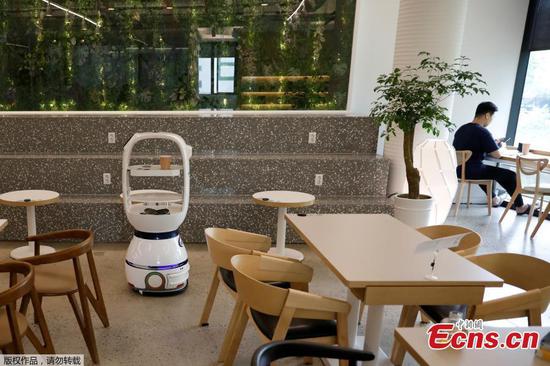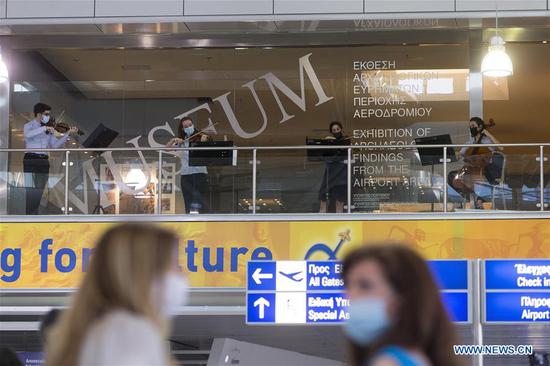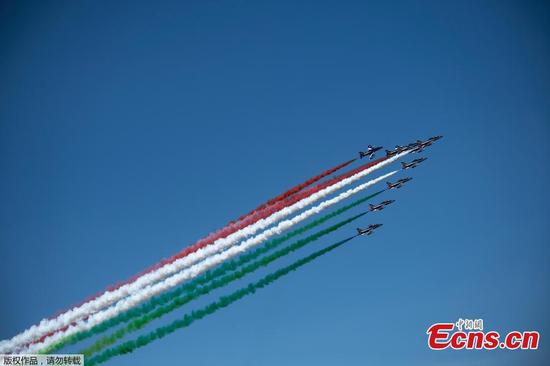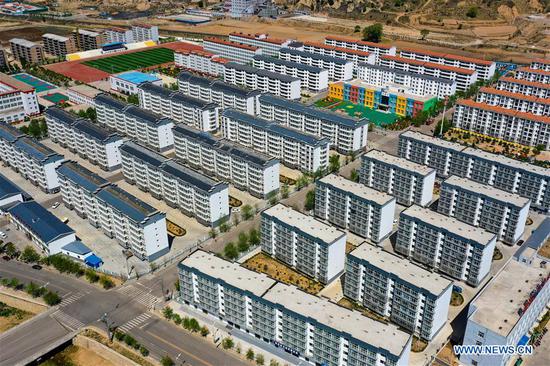
Volunteers check deliveries of pork ordered online in Wuhan on March 18. [Photo by Yuan Zheng/For China Daily]
Families and nation
In addition to the whole-nation system, Bell highlighted the spirit of cooperation among Chinese people fighting the virus.
He said that in traditional Chinese culture, citizens feel obligated to serve their families and the nation.
Yu, from Shanghai Jiao Tong University, said this is the ideal of jiaguo tonggou, which means that family is a reduction of the state, and the state is an amplification of the family.
"In Chinese families, parents have the authority to make decisions and children should follow them," he said.
"In cultural terms, we take the country as our family, and when the government declared a war on the deadly pneumonia, millions of people from all walks of life, including civil servants, medics, community workers and volunteers, risked their lives to fight on the frontline."
By inheriting ancient wisdom, Chinese have a hardwired willingness to sacrifice individual freedom and undergo hardships for the sake of common well-being, Yu said.
"To lock down a huge city like Wuhan, with a population of over 11 million people, is unprecedented. With the support of the public and its willingness to comply with government orders, China succeeded."
Bell said that by sacrificing part of their freedom and privacy temporarily, people-with Confucian culture deep in their hearts-were willing to comply with the government's quarantine measures, because they trusted the authorities to make the best decisions.
When the Wuhan lockdown was imposed, all public transportation and business halted, with residents ordered to stay indoors to reduce transmission of the virus. The lockdown was lifted last month, with business in the city gradually returning to normal.
The concerted response to the measures taken in Wuhan bear testimony to a Chinese proverb that states, "When people are of one mind and heart, they can move Mount Tai." (The mountain is a landmark of cultural and historical significance north of Tai'an, Shandong province.)
Bell said that in times of crisis, "the collectivist orientation perspective has its benefits, compared with individual orientation".
As China fought the virus, non-governmental organizations and overseas Chinese donated urgently needed protective equipment, including face masks, surgical gowns and goggles, to support epidemic prevention and control measures.
Tens of thousands of manufacturers nationwide quickly reconfigured production lines to make medical masks to meet surging demand at home and overseas. The country's daily output of masks rose from 8 million on Jan 25 to 116 million on Feb 29.
Meanwhile, technology companies, including Alibaba and Tencent, have created apps to help the public cope with confinement.
Gosset, from the Europe-China Forum, said, "The effectiveness of Chinese governance, combined with a culture in which individuals put collective responsibility above all, can explain why China has been able to manage a highly dangerous situation."









